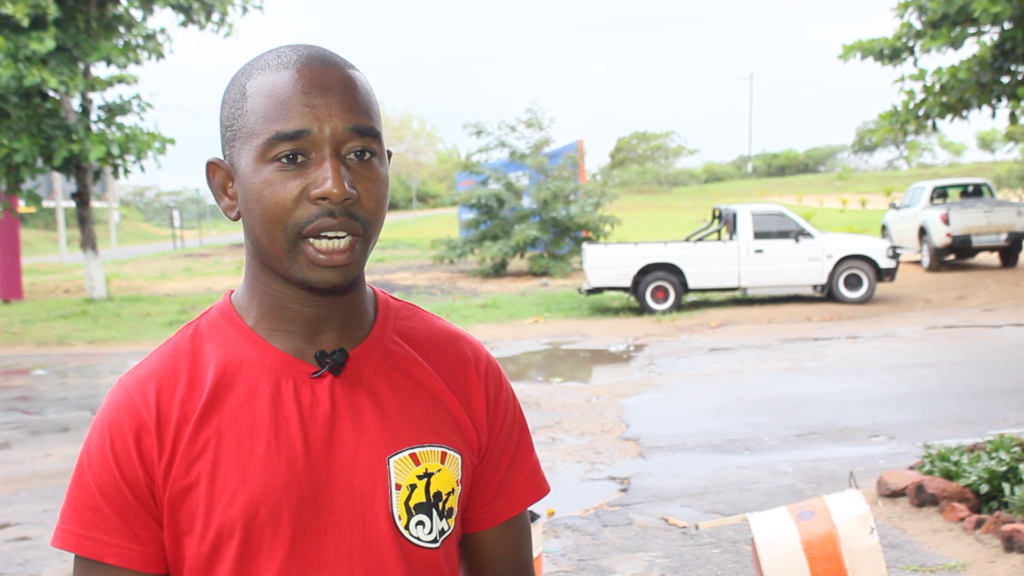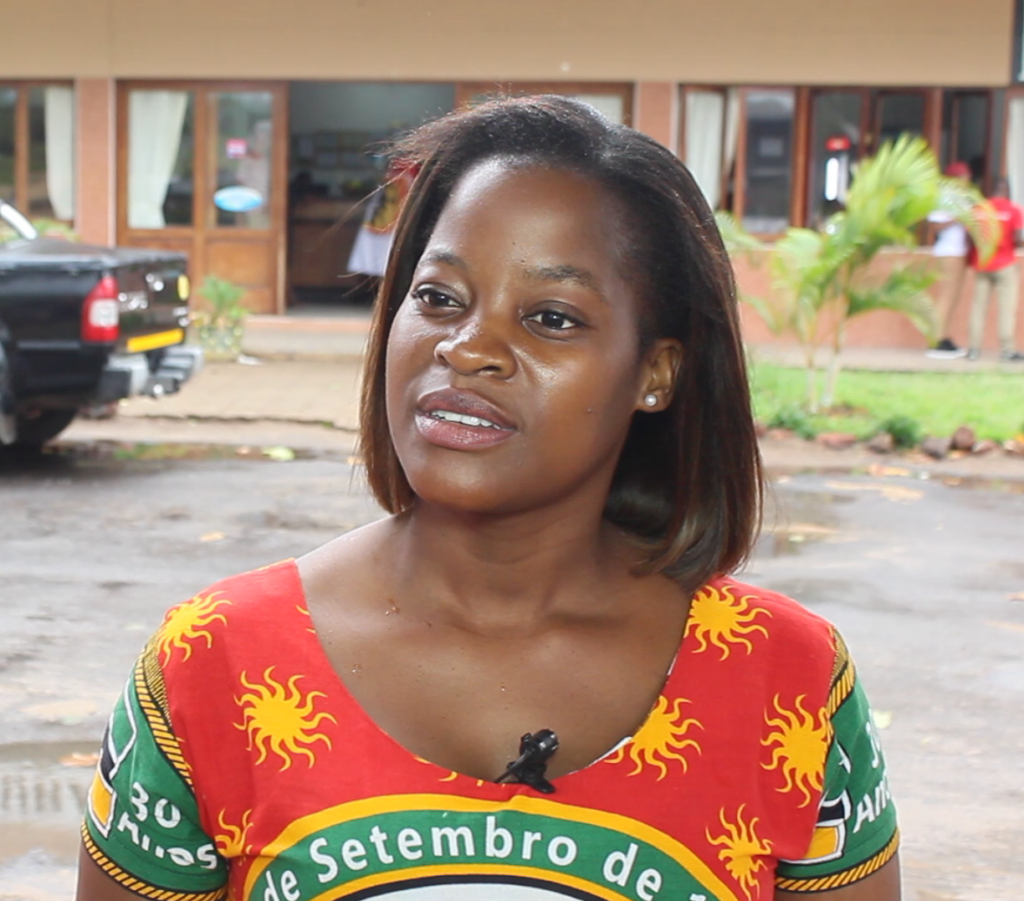Mozambicans are increasingly optimistic that improved agriculture can help accelerate the country’s development.
But the nation still faces hurdles as it moves to apply technology to farming and encourage more youth involvement in production.
“We have got plenty land. But we are not using technology as we are supposed to use,” local youth leader Nelson Salvador Balate told the Alliance for Science during a recent visit to Mozambique. “So if we could have technology, we can have more production.”
Though 80 percent of Mozambicans are farmers, less than 5 percent engage technology on their farms. There is limited use of tractors, mechanized plows, fertilizers, improved seeds, irrigation facilities and pesticides, resulting in low productivity. As a result, an estimated 64 percent of the population is food insecure and 55 percent live in poverty. The nation’s annual food import bill is at least US$1 billion, yet some 40 percent of the residents are undernourished.

Agricultural production has long been part of the nation’s culture, Balate said. “Yes, young people in Mozambique are interested in agriculture. Going to the farm every day in the morning is what our fathers used to teach us. If you don’t go to the farm, you have a small place at your house that you use for some agricultural activity,” he explained. But as young people grow up, they soon realize it is difficult to earn living wages from the farm, forcing a lot of them out.
Balate and others expect agricultural profitability and food security to improve when the application of technology to food production is prioritized. Currently, efforts are under way to introduce Mozambique’s first genetically modified crop — maize resistant to pests and drought. Irrigation dams are also being expanded. Farmers now produce about 2 tonnes of food on 10 hectares, Balate said. “It’s not enough. But if you have technology, you could have 20 tonnes. So we are ready to get help with technology from anywhere.”
In Mozambique, as in other parts of Africa, youth involvement in agriculture is minimal. The average age of farmers on the continent is 60, yet more than 60 percent of the population is under the age of 25, according to the United Nation’s Food and Agricultural Organization. This has been a major source of concern throughout Africa, because if young people continue to stay away from the farms, there will be no food producers to replace the aging farmers. Youth involvement is also crucial to increasing productivity on farms, as the young are more likely to invest in technology and are more committed to running the farm as a business, instead of a way of life.
But young people in Mozambique say they are ready to turn the situation around and make the country food secure. “The youth are more interested in agriculture after our president declared that youth are the base of development,” said Musara Benasiw, a young woman who lives in the coastal town of Bilene. “The youth are embracing agriculture and willing to pursue it for development.”

Benasiw said that youth have diverse ideas on how to pursue great exploits in the agricultural space that go beyond farming. For example, they are vigorously pursuing opportunities in the food processing and packaging industry. “The government is already working to cut down on food importation and organizing food security schemes,” she noted. “We produce, but we don’t have the capacity to process foods. So we export raw food and it comes back as packaged food for consumption. This is not good.”
Clara Issabel Mionga is a lecturer in agricultural engineering at the Chokwe Agricultural Institute in Mozambique’s rural Gaza Province. Her institute trains young people to work as extension officers and key professionals within the agricultural sector. Some also end up as farmers. She said a lot more Mozambican farmers need specialized skills acquired from formal training at the Institute to increase productivity.
“In agriculture, we have got ability and then the scientific know-how,” she explained. “From the farmer, we have got ability. That is why we work with farmers and teach them how to do the best agriculture.”
Artur Manuel Macamo, political administrator of the Chokwe district, said efforts are ongoing to extend agricultural technology and training to all farmers in the country. “We need new technologies,” he said, using improved seeds as an example. “But the problem is the linkage between the technology developed, the farmers and commercialization. Because we can produce the seeds, but if the seeds are not getting to the farmers, we need to do something to help the farmers.”
Soares Almeida Xerinda, who runs the region’s Irrigation Authority, has been working in agriculture for more than 20 years. He worries that farmers in Mozambique, as in many parts of Africa, are often reluctant to adopt new technology. He says this attitude needs to change to make Mozambique a better place. “My expectation is that food security will improve, although we have the problem of adopting new technologies,” he said. “Without knowledge, we cannot advance, and we cannot cope with the problems. Once we have productivity, we have profitability increasing. Then the future is bright.”
